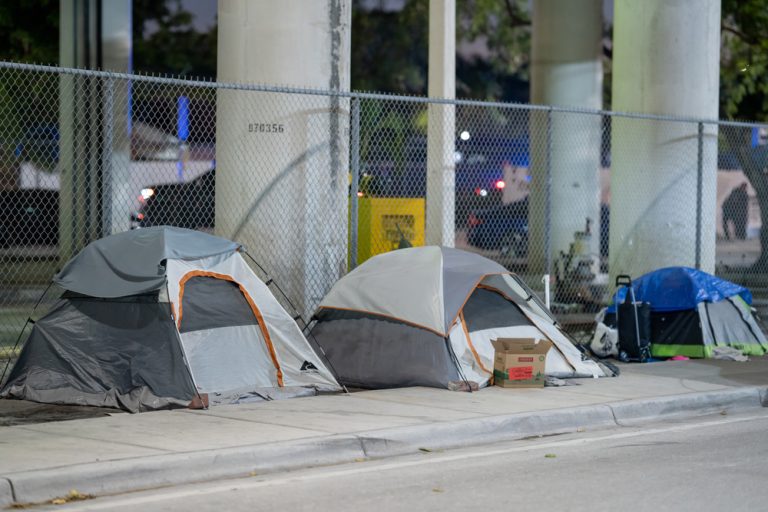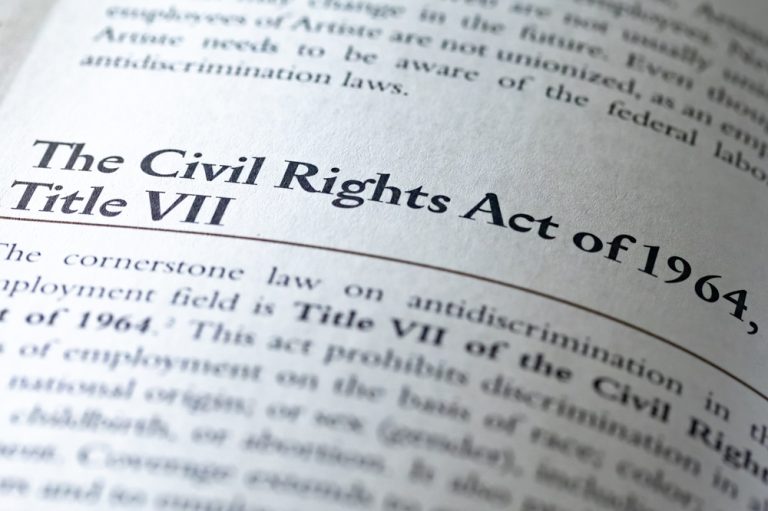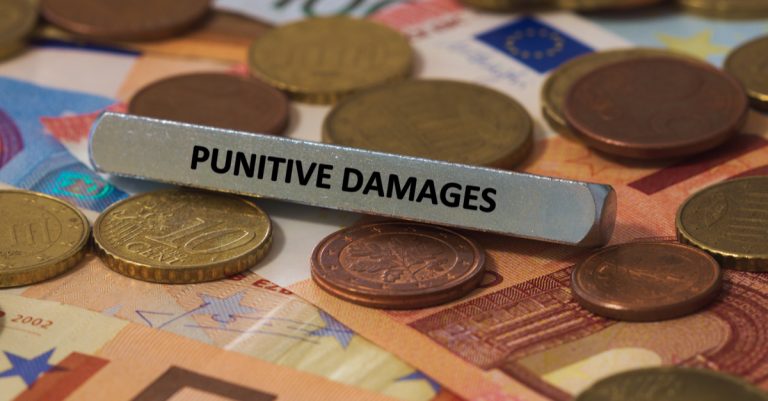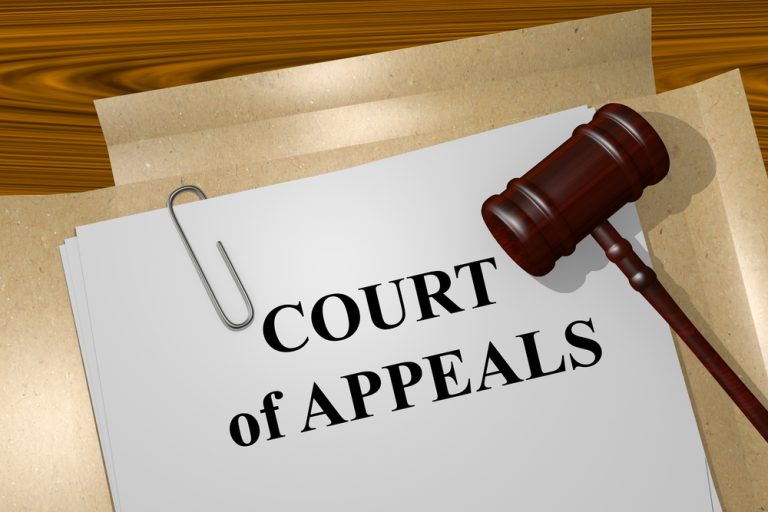Four-Corners Rule Carries the Day on Hurricane Claim
Four-Corners Rule Carries the Day on Hurricane Claim
“Reprinted with permission from the January 23, 2017 issue of Daily Busines Review. ©2017 ALM Media Properties, LLc. Further duplication without permission is prohibited. All rights reseved.”
The Florida Supreme Court denied review of a Fourth District Court of Appeal’s decision in State Farm Florida Insurance v. Richard Moody and Robert Denney, finding that it lacked jurisdiction to hear the case on review.
The Florida Supreme Court’s denial April 29 leaves in place the Fourth DCA’s decision invoking the age-old four-corners rule to hold that a hurricane coverage endorsement limiting the amount an insured is able to recover for hurricane damage applies to all elements of a hurricane, including tornadoes spawned therefrom, where the policy defines hurricane as a “storm system that has been declared to be a hurricane by the National Hurricane Center of the National Weather Service.”
In State Farm Florida Insurance C v. Richard Moody and Robert Denney, the Fourth DDC reversed the trial court’s finding that a homeowner insurance policy definition of hurricane did not include tornadoes spawned from a hurricane. The lawsuit arose out of insurance disputes stemming from damage to the homes of Richard Moody and Robert Denney, the insureds, caused by Hurricane Jeanne in 2004.
The policies, issued to the insureds by State Farm, included a hurricane coverage endorsement. Under the endorsement, State Farm was obligated to pay additional living expenses incurred due to hurricane damage limited to ten percent of the policy’s personal property coverage limit. The endorsement defined hurricane as “a storm system that has been declared to be a hurricane by the National Hurricane Center of the National Weather Service.”
State Farm classified the damage to the insureds’ homes as stemming from a hurricane, as that term was defined under the policy, and paid the insureds for additional living expenses in an amount commensurate with the policy’s hurricane coverage endorsement.
The insureds sued for breach of contract alleging that State Farm should have paid additional living expenses in accordance with the policy’s general provisions, which would have yielded a higher payout as opposed to the hurricane coverage endorsement because the insureds’ losses were caused by a peril other than a hurricane — specifically, a tornado. Consistent with its coverage position, State Farm asserted the hurricane coverage endorsement as an affirmative defense and further asserted that the tornado, which damaged the insureds’ homes, occurred during and was part of Hurricane Jeanne.
State Farm and the insureds both moved for summary judgment on the issue of whether the policy’s hurricane coverage endorsement pertained to tornadoes spawned from a hurricane. One insured, Denney, argued that the policy’s hurricane coverage endorsement specifically applies to hurricanes and that if State Farm intended for tornadoes to fall within the ambit of the endorsement, it should have explicitly stated so.
The other insured, Moody, looked to extrinsic evidence — Florida Statute 627.4025 defining hurricane coverage — to argue that the policy’s hurricane coverage endorsement did not include tornadoes. Moody argued that the fact that State Farm included in the endorsement the definition of “hurricane” under Florida Statute 627.4025 but excluded the definition of “windstorm” under the statute, within which tornado is listed, evidences State Farm’s intent that the endorsement apply exclusively to hurricanes.
The trial court agreed with the insureds’ analysis and granted summary judgment in favor of the insureds. The lawsuit then proceeded to jury trial on the issue of whether a hurricane or tornado caused the damage to the insureds’ homes. The jury found that the damage was caused by a tornado spawned by Hurricane Jeanne and rendered a verdict in favor of the insureds. State Farm appealed.
Invoking traditional contract law, the Fourth DCA relied on the four-corners rule to find that a plain reading of the hurricane coverage endorsement reveals that it pertains to the entire “storm system,” including tornadoes spawned therefrom, so long as the storm system has been deemed a hurricane by the National Hurricane Center. In so finding, the court referenced the plain meaning of “hurricane” as defined within the four corners of the endorsement — “a storm system that has been declared to be a hurricane by the National Hurricane Center of the National Weather Service” — and noted that where a contract is unambiguous, the parties’ intent must be gleaned from “the four corners of the document.”
Inasmuch as the policy was unambiguous in defining a hurricane, the court held there was no need to look to Florida Statute 627.4025. Expounding on its finding that, under the policy, tornadoes spawned from a storm system deemed to be a hurricane comprise the hurricane in its entirety, the court waxed poetic by citing Aristotle for the proposition that “the whole is greater than the sum of all is parts.”
Given that the Florida Supreme Court has left intact the Fourth DCA’s opinion, an insurer that defines a hurricane as “a storm system that has been declared to be a hurricane by the National Weather Service” can, with peace of mind, treat any damage arising from the storm system that comprises a hurricane, including tornadoes spawned therefrom, as damage caused by a hurricane. That is, of course, unless the policy unambiguously states otherwise within its four corners.
Justin Guido is a Miami attorney with RumbergerKirk and focuses his practice on property insurance coverage and payment disputes.








